How do you publish and distribute comics during a pandemic? It seems like a Herculean task, to say the least. And yet, there are plenty of small press publishers out there doing just that, right now. One of these publishers is Birdcage Bottom Books. Birdcage Bottom Books was founded by J.T. Yost in 2008 with the help of a Xeric Grant.
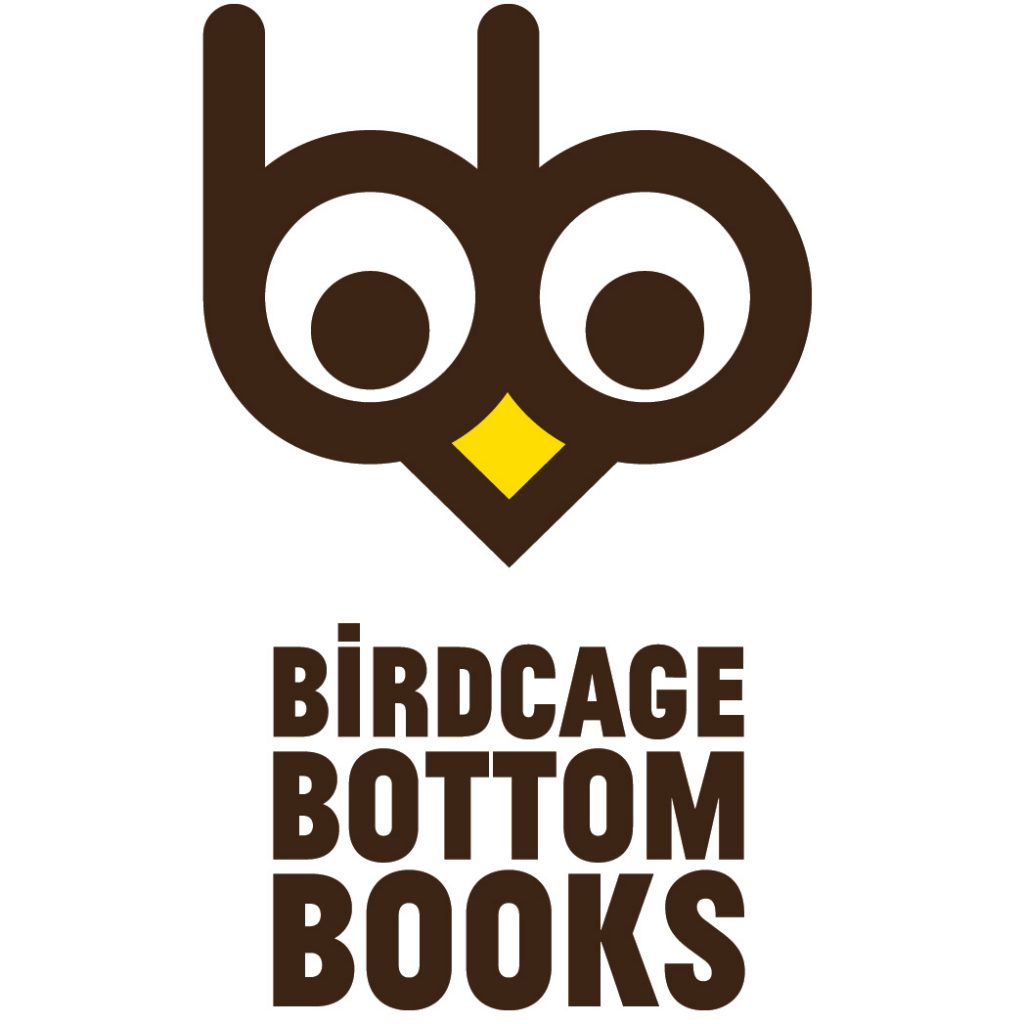
Although Birdcage Bottom Books does not operate a brick-and-mortar store, they are all over the internet and make regular appearances at indie comic conventions like SPX, MoCCA and CAB. Birdcage Bottom is both a publishing company and a distro representing over 100 self-publishing artists and small-presses. Their focus is on handmade comics, prints, and apparel, often limited editions using customized printing techniques like risograph and screenprinting. The goal of Birdcage Bottom Books is to help independent artists get their work into more hands.
I thought I’d send J.T. Yost some questions about what publishing is like in these strange times, and he was kind enough to answer.
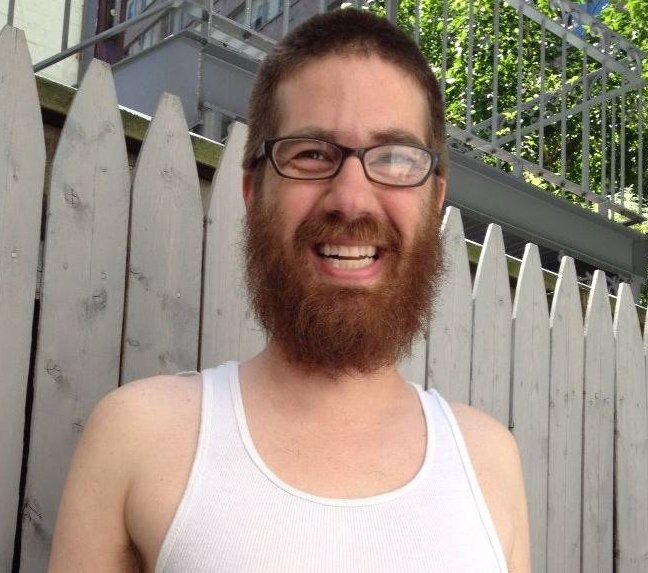
Out of all the things you could possibly be doing with your time, you all decided to publish comics. Why is that?
I’m a masochist?
The real answer is that I received a grant to self-publish my own work in 2008. After jumping through all of the hoops to set up a publishing business, figuring out how to set up files for printing, learning printing terminology to get quotes, etc., I figured I may as well keep at it. I’m not a very prolific cartoonist, so I started publishing others’ work.
How has the world of comics publishing been impacted by the pandemic?
It’s been a nightmare. All the conventions I’d planned on debuting our comics at have been canceled. Most comic shops were shuttered, so wholesale orders dried up. Diamond Distribution shut down for a while, disrupting the distribution chain to retailers. The shops that have been able to open back up are obviously not as adventurous in ordering, so they’re not as liable to take chances on small press publications.
What would you say is the ethos of Birdcage Bottom Books? Are there particular types of books you look to publish?
I’m an activist at heart. Although having young kids has caused me to be less physically present at activist events, I do my best to shoehorn activism into Birdcage Bottom Books. Whether that’s encouraging empathy or action through themed anthologies, trying to raise awareness through fundraisers, or even just doing my best to improve the comics community that I love, it’s always in my mind. That said, my main objective when looking for comics to publish is simply to put forth a compelling story.
What is it like working on a major project like trying to fulfill your latest Kickstarter during the COVID-19 pandemic? Has anything changed about your process or your planning?
I mentioned all of the pandemic related disruptions in a previous answer. It has definitely been a challenge to keep to the schedule put forth in the Kickstarter campaign. Printing delays, distribution delays, and even complications in my cartoonists’ mental health and housing situations have been factors.
What do you think the world of small press comics looks like when this pandemic is all said and done? What role do you think small presses like yours have in the aftermath of all of this?
I think small press and self-pubishing endeavors are like cockroaches, and I mean that in the best way possible. We are resilient. Most of us are used to obstacles and working with a low budget, so we will survive.
How do you all find the people you work with? Do you offer mentoring or other services to those people?
Sometimes I seek them out, and sometimes they find me. I’m always looking for underappreciated talent. My goal with BBB is to signal boost cartoonists I don’t think are receiving enough attention.
I honestly love to be helpful and share any knowledge I’ve accumulated over the years. I think that’s what makes the comics community so special. For the most part, I don’t see the competitive nature that you see in other fields. We’re here to help one another.
I want the comics I publish to be the best they can be, so depending on what that artist needs, I’m there to provide it. I’ll proofread, clean up files, edit, color, set up pre-press, I’ve even relettered an entire book because I thought the computer font took away from the beautiful hand-drawn aesthetic.
Are you considering inequities or other historical considerations (for example, working with cartoonists of color and LGBTQ+ cartoonists) as you determine your publishing slate?
Absolutely. To be honest, when I first started publishing, I was just excited when ANYONE trusted me with their work. Now that I’ve got a track record, I’m trying to be more aware of my status as a gatekeeper of sorts. I’ve published quite a few cartoonists from the LGBTQ community, but not nearly enough POCs. When someone doesn’t see themselves in what I’m publishing, they’re less likely to approach me for publication.
That’s not to say I’m going to seek out POCs as some sort of quota or something, just that I’ve got to be more aware and use resources like MariNaomi’s Cartoonists of Color database to find new artists.
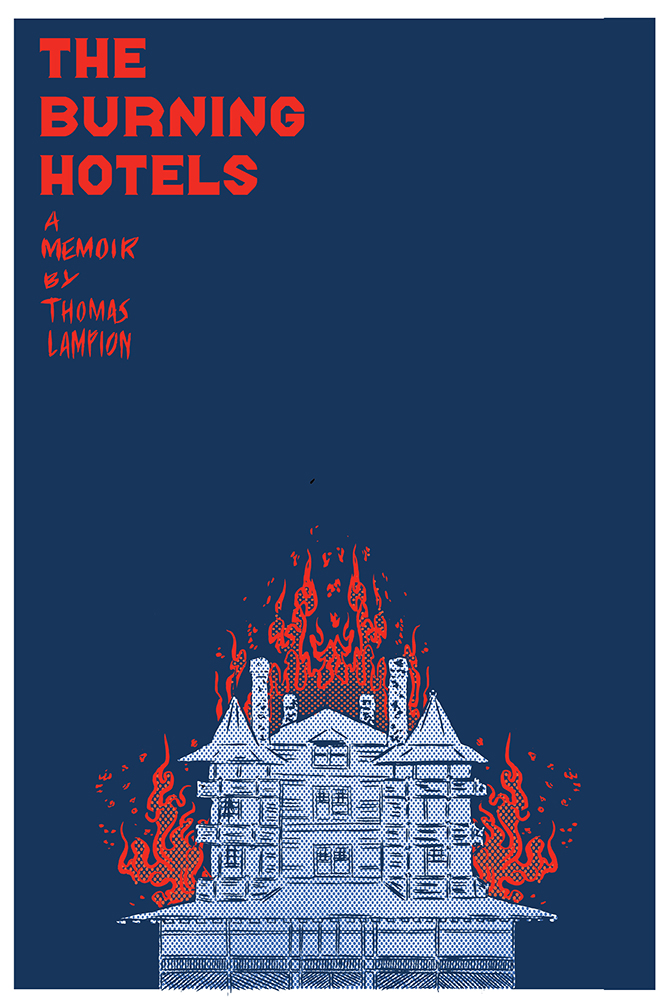
Thanks so much for your time and your words. Any last thoughts you’d like to leave with?
It’s been an incredibly tough year for all of us, but we’re a tight community who have each others’ backs. Comics are stories, and stories encourage empathy. Read more comics. Listen to each other’s stories.
SOLRAD is made possible by the generous donations of readers like you. Support our Patreon campaign, or make a tax-deductible donation to our publisher, Fieldmouse Press, today.

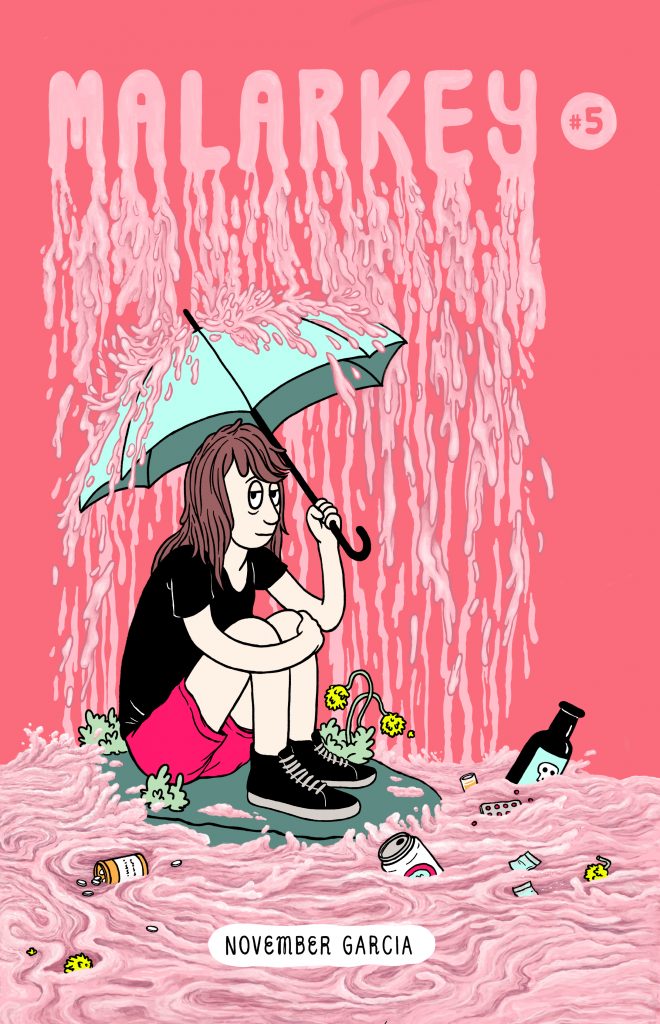
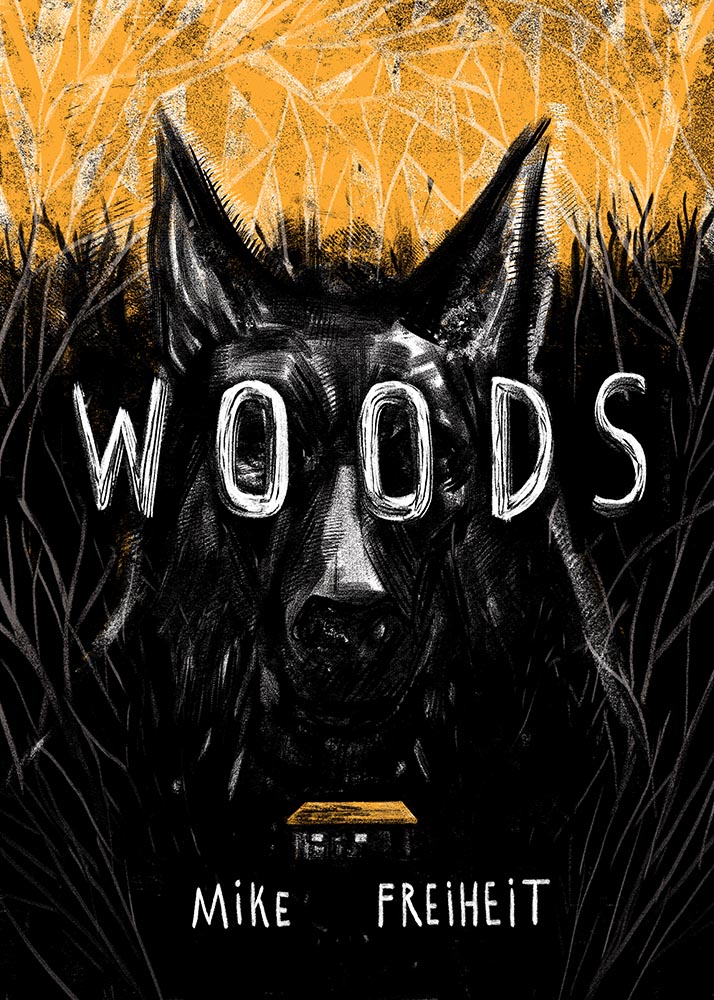
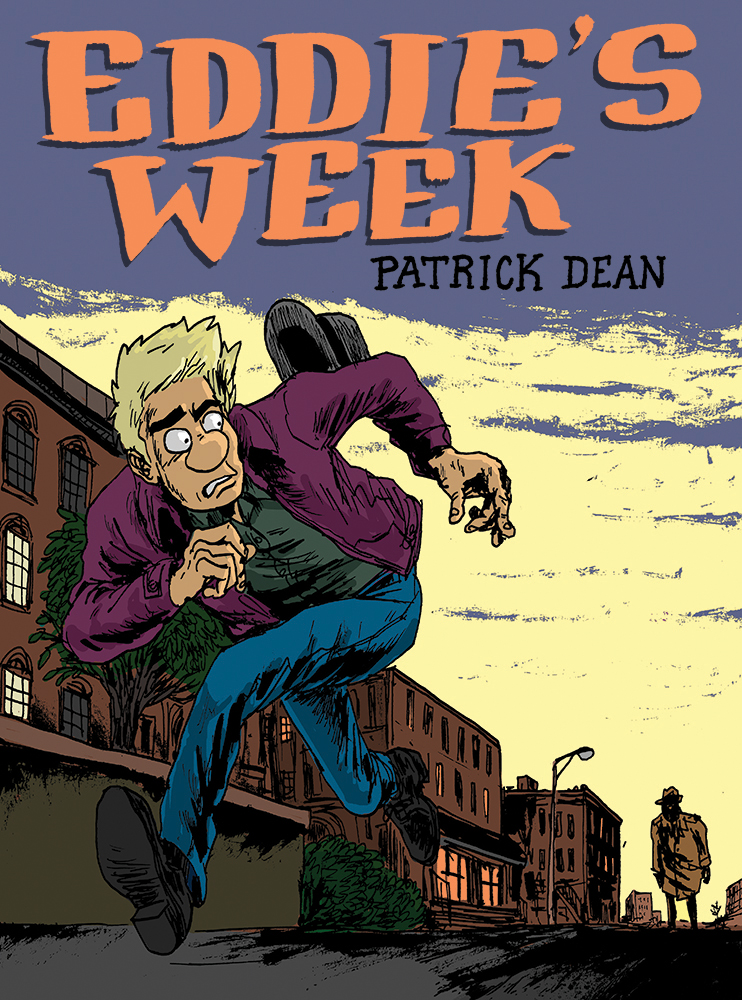
Leave a Reply